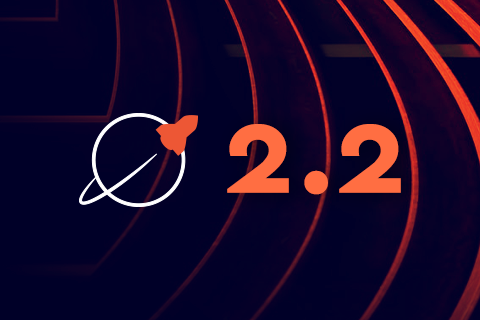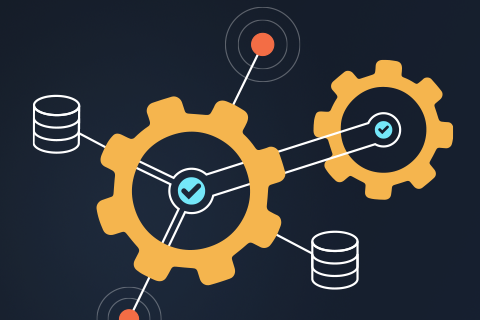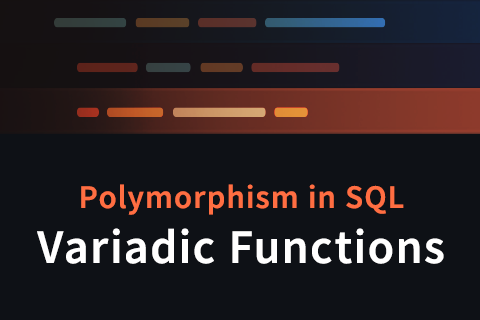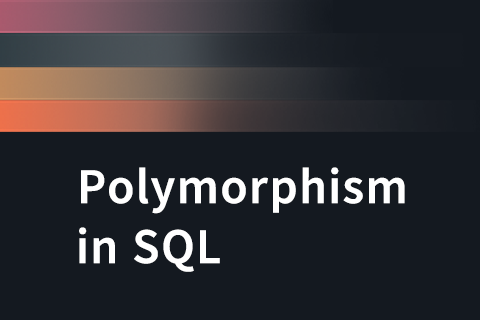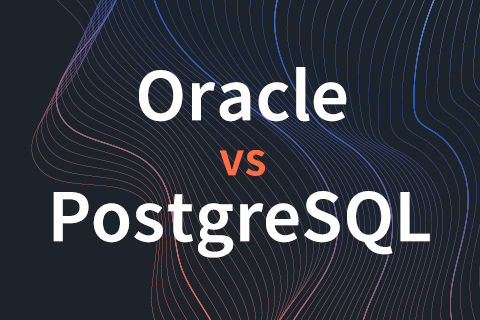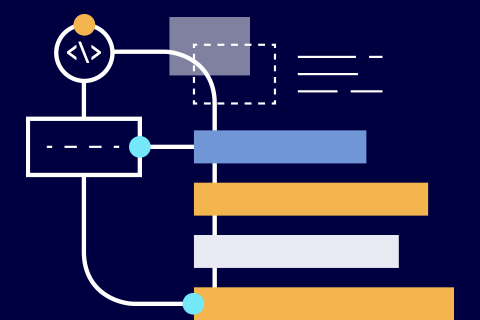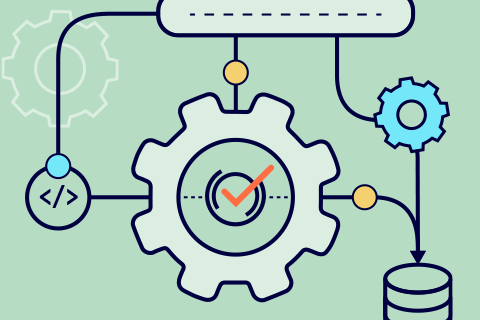Announcing YugabyteDB 2.2 – Distributed SQL Made Easy
We are excited to announce the general availability of YugabyteDB 2.2! The highlight of this release is that YugabyteDB now supports fully-transactional distributed backups thus making mission-critical distributed SQL deployments operationally simple, even for the most demanding enterprise environments. This release also includes critical new features such as online index builds, colocated tables, and deferred constraints. The end result is that YugabyteDB continues to make distributed SQL easy. For those of you who are new to distributed SQL,
…
